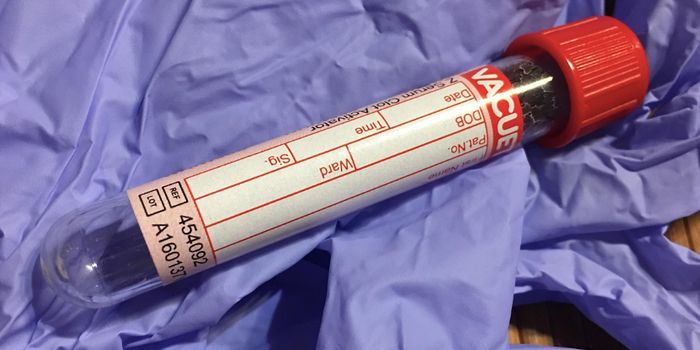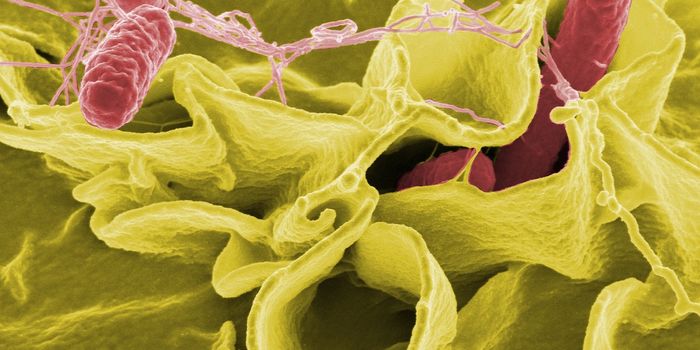Cannabis Use as Pain Management for Veterans
A study published in the Journal of Cannabis Research examined coaching on cannabis use for military veterans living with chronic pain. In particular, the study focused on an intervention informed by scientific literature, the insights of experts with clinical medical cannabis experience, veteran input via a Community Advisory Board, and the protocols used in Motivational Interviewing (MI).
The study focused on veterans who had chronic pain for three or more months and either used cannabis or expressed interest in this treatment to reduce pain. The research team recruited veterans who participated in other studies on cannabis use and chronic pain as well as by posting on the University of Michigan’s research website.
The study analyzed data from 21 veterans who completed intervention sessions. The participants engaged in up to 4 individual coaching sessions via videoconference. These sessions happened roughly 2 weeks apart and allowed the researchers to assess feasibility (adherence, satisfaction, acceptability) and effects on pain symptoms 14 weeks after baseline. The researchers analyzed data using the Patient Global Impression of Change (PGIC), which gauges patient perceptions of intervention effectiveness, and the Patient-Reported Outcomes Measurement Information System (PROMIS)-29 to measure pain intensity, physical function, anxiety, fatigue, cognitive function, anxiety, fatigue, social satisfaction, and sleep quality through different Likert scales. The Positive and Negative Suicide Ideation Inventory (PANSI) evaluated suicidal ideation and suicide vulnerability.
The participants varied in how many MI sessions they completed. 17 of the 22 participants completed attended 4 coaching sessions, and 2 attended 3 sessions. Two participants attended 2 sessions. Of the 16 participants who completed end-of-intervention surveys, 87.5% were satisfied or very satisfied with the intervention. 81.3% described coaching as very or extremely helpful. All participants indicated improvement on the PGIC, with 63% reporting significant improvement. In addition, participants reported minimized pain intensity and pain interference. They also showed increased social satisfaction. The participants identified favorable intervention factors such as discussing concerns, co-creating a personalized plan, and applying various approaches to cannabis-based treatment.
The researchers suggested that future evaluation of this intervention using a larger population. As an increasing number of states legalize medical and/or recreational cannabis, Veterans who have questions about how medical cannabis use might affect their benefits should contact the Department of Veterans Affairs.
Source: Journal of Cannabis Research








